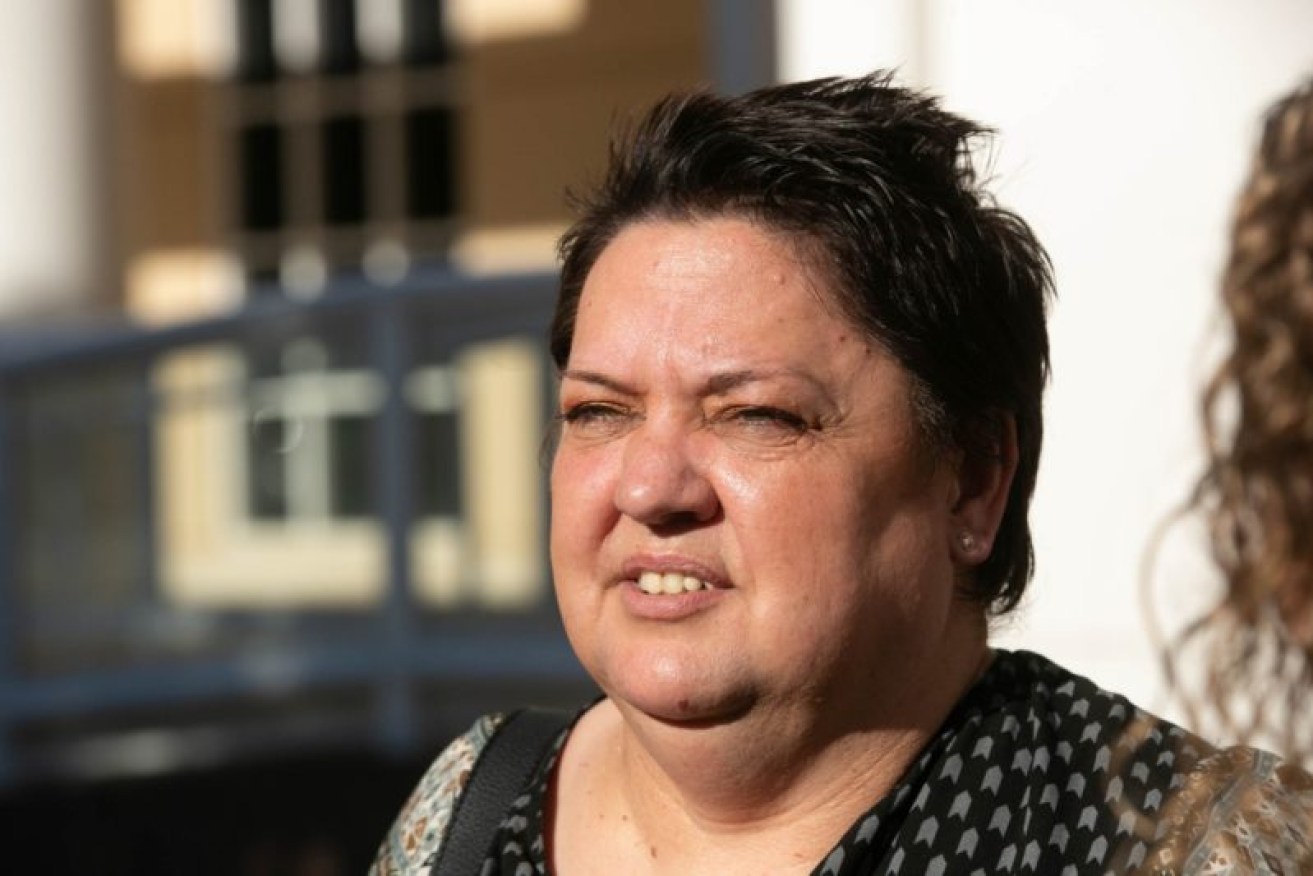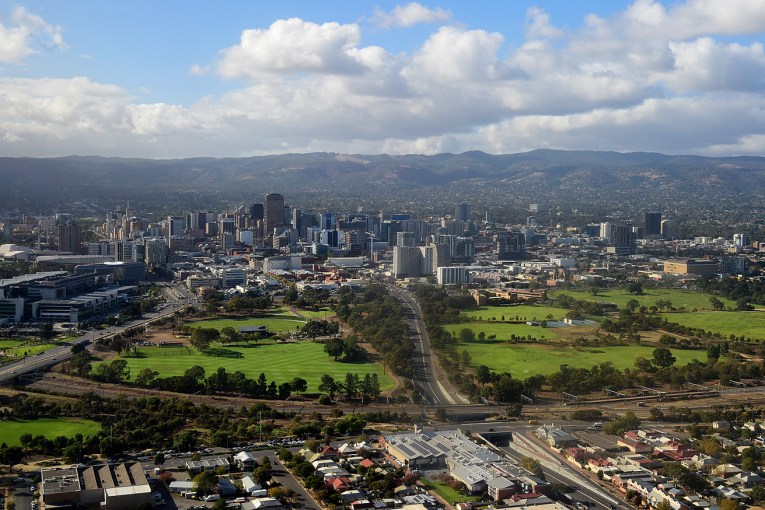The ‘Aboriginal’ insurance company that wasn’t what it seemed


Tracey Walsh felt exploited by her funeral insurance provider. Photo:AAP
A Victorian woman who bought funeral insurance from a company with “Aboriginal” in its name because she incorrectly thought it was Indigenous-owned has told the financial services royal commission she felt exploited.
The customer, Tracey Walsh, said: “People have been used and used and used over the generations and it’s just another [example]. Elders have been caught up in these policies … for years.”
Ms Walsh had earlier given evidence that she took up insurance with the privately owned Aboriginal Community Benefit Fund in 2005 after seeing its promotional material at the Rumbalara Aboriginal Co-operative in Shepparton where she worked.
A Yorta Yorta woman from the Goulburn Valley, Ms Walsh said the traditional Aboriginal rainbow serpent symbol was used on ACBF’s posters.
“I like to support other Indigenous community organisations,” she said.
After being a member of the fund for some years, her parents died and she became concerned her $8000 funeral cover was not high enough. She said she was told she had paid more than $10,000 in premiums and the company did not respond to two requests to boost her cover.
Ms Walsh approached the Consumer Action Law Centre, which took up her case. It accused the company of misleading and deceptive conduct, which the company denied and refused settlement.
Eventually ACBF agreed to a settlement which would increase her cover to $10,000 but require no further payments.
ACBF CEO Bryn Jones later told the commission that the company targeted children in marketing its services to parents but did not target grandchildren.
Counsel assisting Rowena Orr QC challenged that assertion and quizzed Mr Jones on the age breakdown of ACBF’s policy holders, finding that of 13,460 policies sold to Indigenous people, 36 per cent were under to children under 18 and 15 per cent were to those aged between 18 and 25.
Commissioner Kenneth Hayne observed that the group had far more policies sold to children and young people than any other company in the industry, according to ASIC figures.
Mr Jones told the commission that the reason for the massively higher representation of younger policy holders was two-fold. The Indigenous population was younger than the average for the general community and child deaths for the community are “five times the level in the non-Indigenous community”, he said.
The commission heard that funeral insurance was very important to Aboriginal and Torres Strait Islander communities because funerals and their associated “sorry business” were culturally very significant.
For remote Aboriginal communities the demands of sorry business required people to travel long distances and stay for days or weeks with relatives while ceremonies and mourning are completed.
Kinship responsibilities mean the families of the deceased need to support these activities and many look to insurance in those times of need.








